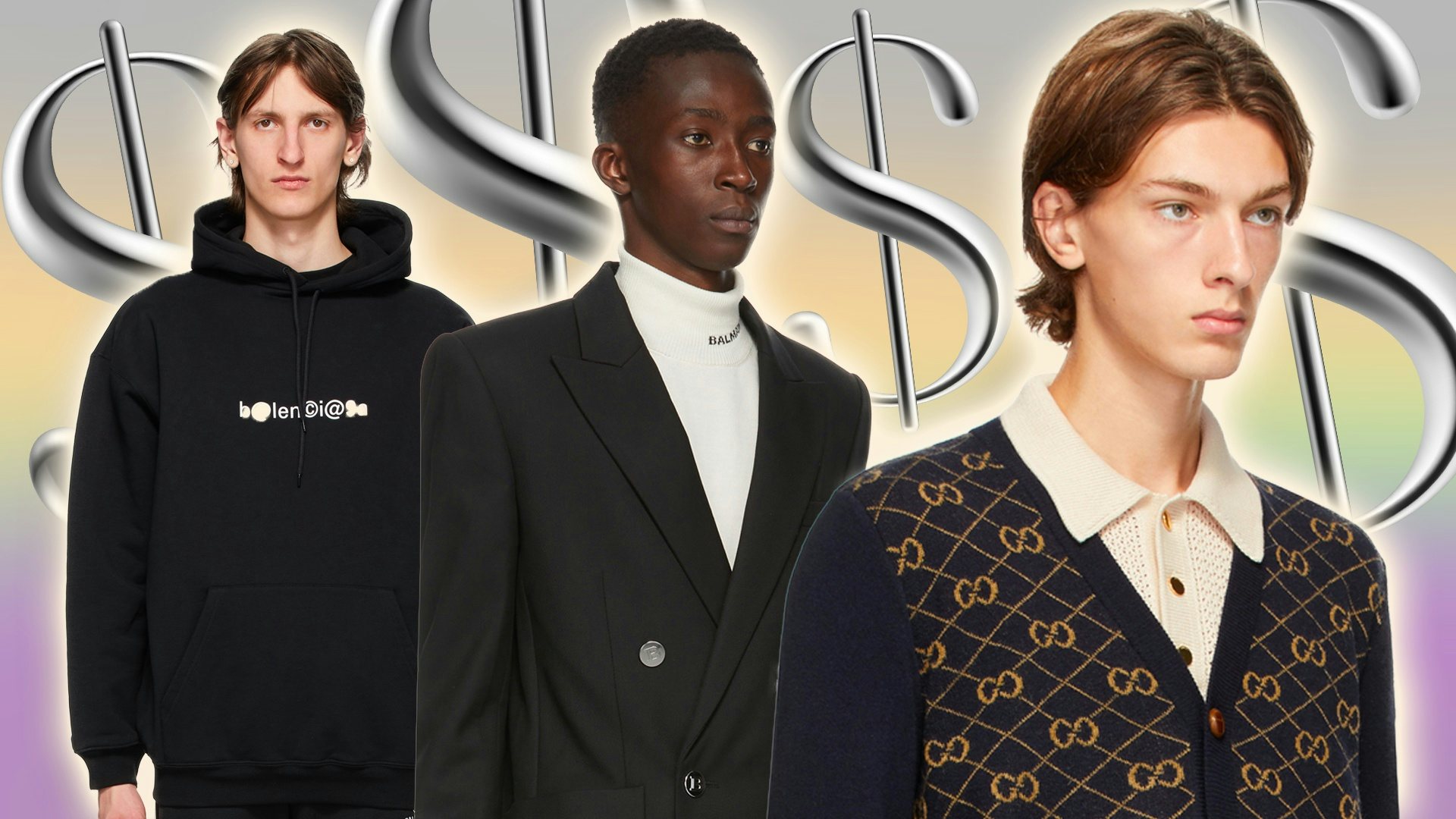The Luxe Decade is a weekly column exploring the major forces and trends set to reshape luxury over the next ten years, with a focus on the expansion and power of Chinese consumption.
Key Takeaways:#
- Scale can exponentially improve the effectiveness of data-driven efforts, provide a cushion for costly brand resets, and create a broader base of skill and innovation.
- If you are looking to sell to that young Chinese lady who's in the market for “my first branded handbag,” you better be fun, worth writing home about, and above all, you just better be loud.
- Scale gives you the authority and the weight of making the right long-term decisions.
This may sound depressing, but I believe that, in the luxury sector, independent players are likely to disappear unless they can achieve scale. The fundamental reason for this is that the luxury sector is currently a recruitment more than a repeat purchase market. Indeed, the majority of growth is driven by brands’ capacity to recruit new consumers, notably Chinese, rather than their capacity to sell more to existing consumers. While many key companies in the food, cosmetics, or luggage sectors are being disrupted by new entrants, including digitally native vertical brands (DNVBs), the core of the luxury business is dominated by the bigger brands and the bigger groups, who are taking share (in what remains a fragmented market). Louis Vuitton’s explosive rebound in Q3 is a case in point.
Obviously, for many companies, the existing customer segment will become an important driver eventually, but today, the sector is still relatively in its infancy; most luxury brands still rely on newcomers for more than half of their sales. If you are in the market for “my first branded handbag” or “my first branded watch,” it’s likely you are young or female or Chinese (or likely all three) and want to prove a point and be seen as worthy of doing business with, mingling with, getting a promotion or whatever else you seek from family members, coworkers, fellow alumni or other peers whose opinion you value. You certainly don’t want to start by purchasing a brand they might not know — talk about a low return on investment.
COVID-19, like for many other topics, has been a separator of brands and an accelerator of trends. For the past six months, big has been (more) beautiful and even within the bigger brands, so-called “hero” products have become even more substantial best-sellers as consumers may buy less but buy better.
Scaling up confers enormous benefits across many dimensions. The major players know this, and their pursuit of scale will drive them towards further growth, including M&A, which will ensure they continue to gain market share from independent players, with very few exceptions. While other groups will chase after them, major diversified players like LVMH, Kering or Richemont will only increase their power in the luxury world.
Here, four vast advantages provided by scale:
Voice#
If you are competing in the handbag category and are looking to sell to that young Chinese lady who is in the market for “my first branded handbag,” you better be fun and worth writing home about but above all, you just better be loud. Scale will enable you to dominate the airwaves and if you are not one of the big three (Gucci, Louis Vuitton, Chanel) or catering to wealthier folks (Hermès) or an edgier crowd (Dior, Prada), tell me something I don’t know and if you can, speak loudly.
Authority#
The gist of this is scale puts you in the driver’s seat, not the passenger’s. If it remains true that retail is about “location, location, location” and you are eyeing a new one and are part of a large group, it greatly helps. If you are not comfortable working with multi-brand wholesale partners online, you can turn them down. Scale gives you the authority, the weight of making the right long-term decisions.
Synergies#
This is not just about getting better media rates or better lease terms. Scale can exponentially improve the effectiveness of data-driven efforts, provide a cushion for costly brand resets, and create a broader base of skill and innovation. Having several brands in the same group means you have a mirror. If one brand excels at a particular topic (digital, retail, training, CRM, etc.), others can learn from it. The ability to test tactics in smaller settings before deploying within the broader group can be powerful.
Talent#
HR departments are always keen to make the point that people come first. Sure. And if you have scale and/or are part of a group, that department will work with decision makers within the firm to offer you a proper career path. If you are a good number two at a small independent brand, what do you have to aspire to? If you hold that same position at Richemont, Kering, or LVMH and you’re good, the world is your oyster.
Check out next week’s column to understand why M&A in luxury will be scarce in the next nine months but very likely well-supported after.
Erwan Rambourg has been a top-ranked analyst covering the luxury and sporting goods sectors. After eight years as a Marketing Manager in the luxury industry, notably for LVMH and Richemont, he is now a Managing Director and Global Head of Consumer & Retail equity research. He is also the author of Future Luxe: What’s Ahead for the Business of Luxury (2020) and The Bling Dynasty: Why the Reign of Chinese Luxury Shoppers Has Only Just Begun (2014).

